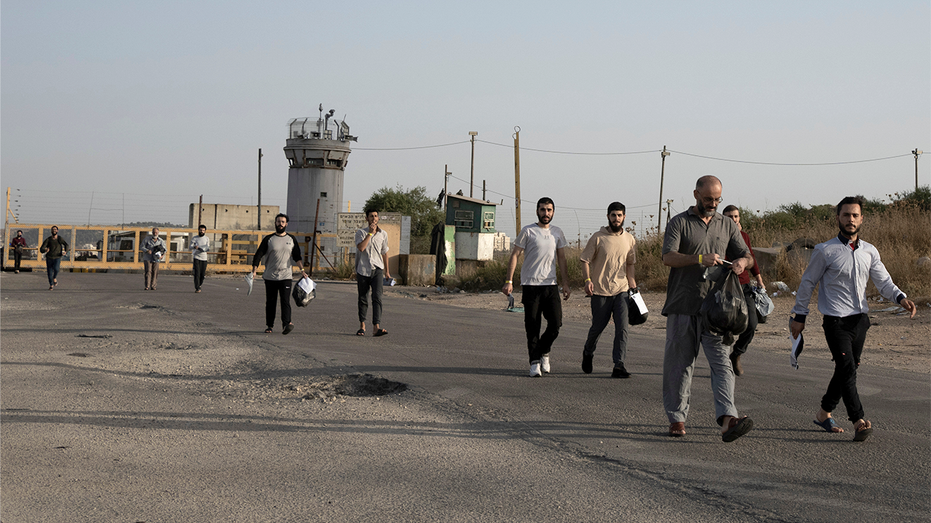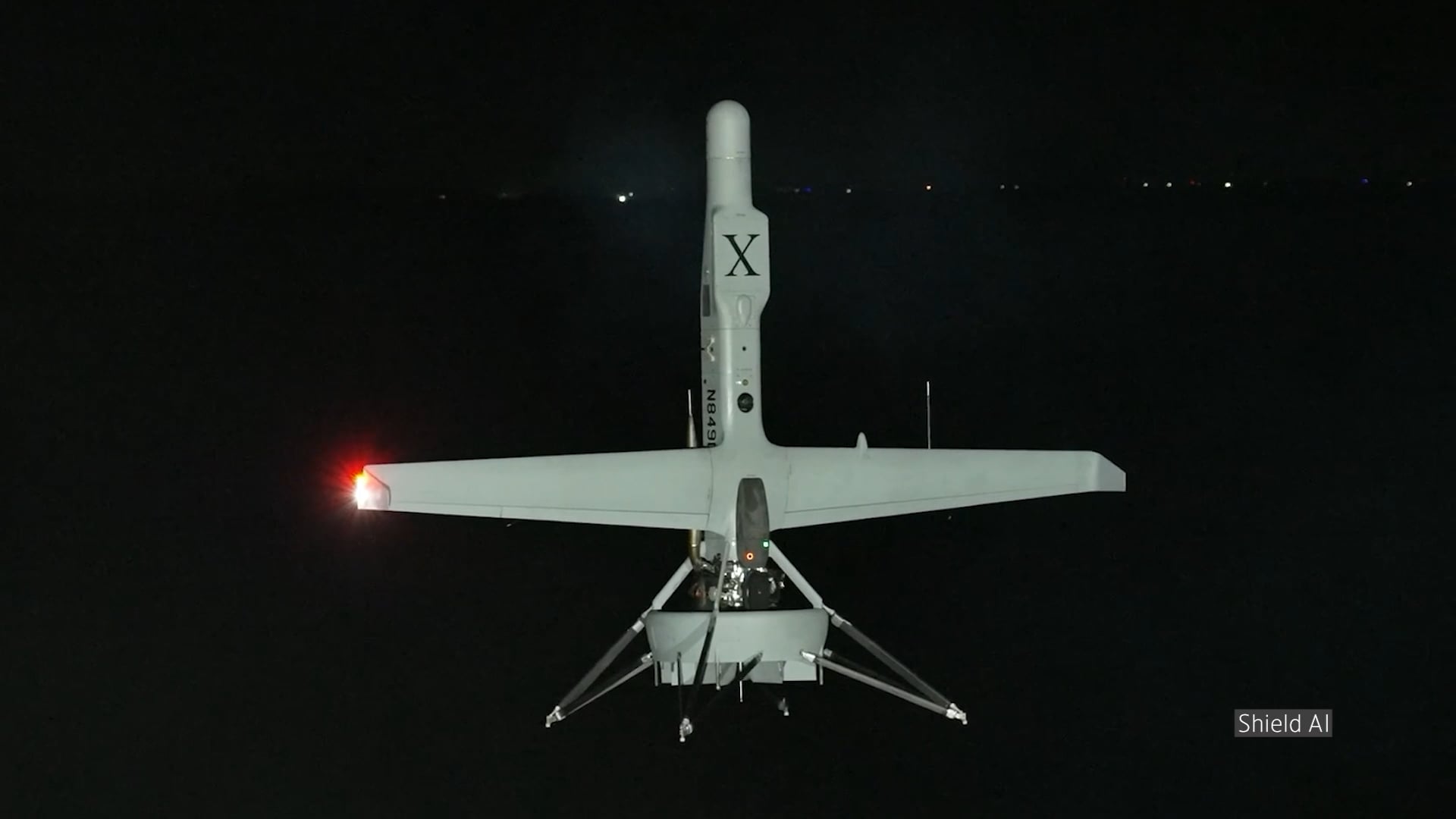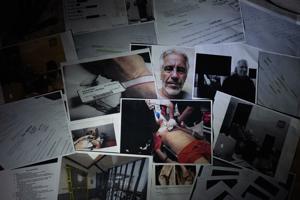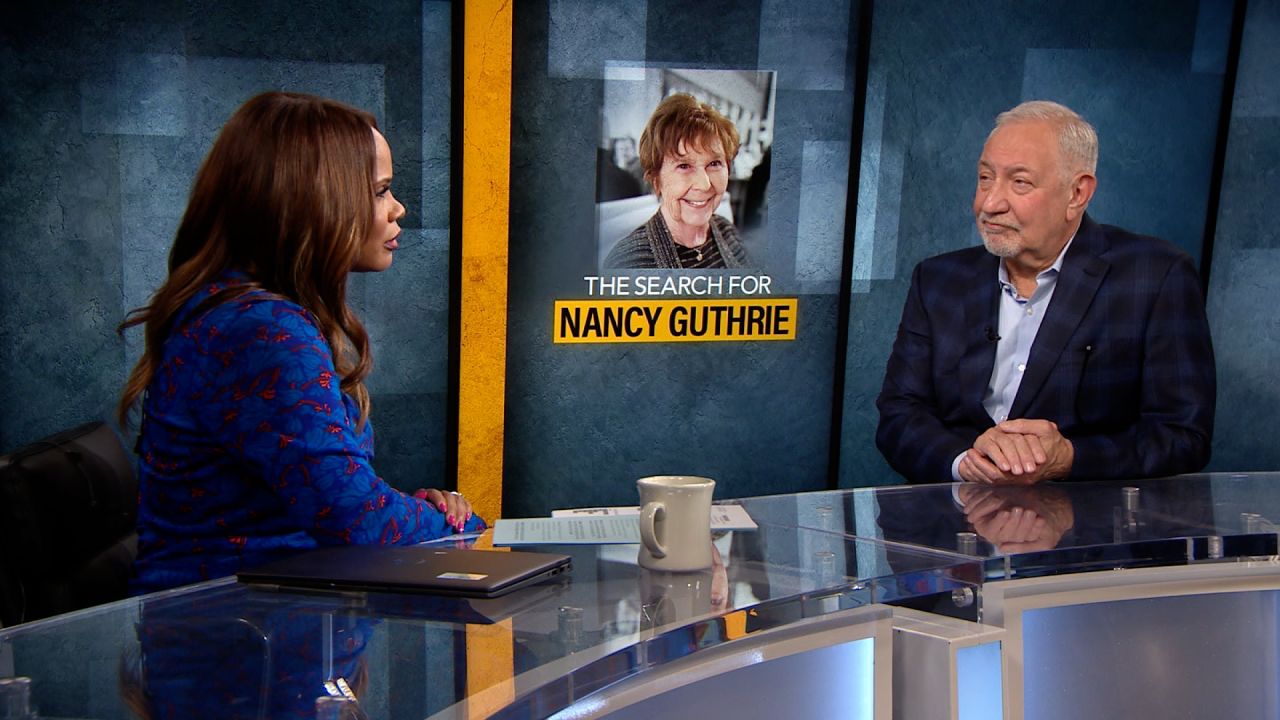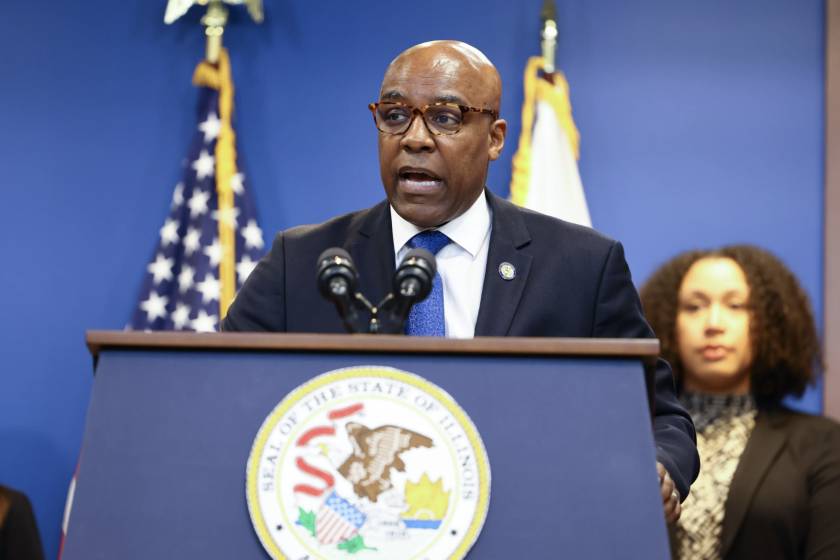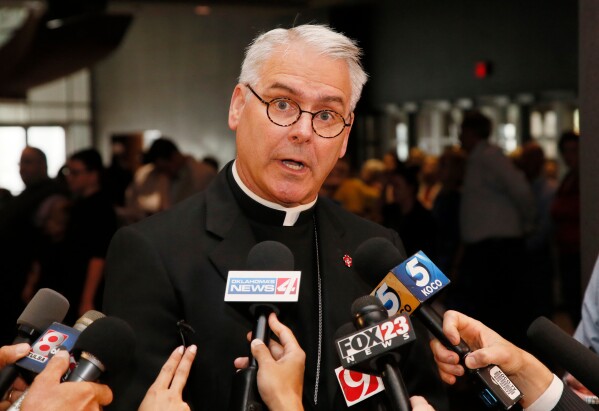
The United States Conference of Catholic Bishops has elected Archbishop Paul Coakley of Oklahoma City as its new president, a move that underscores the conference’s focus on immigration reform amidst ongoing concerns over deportations under President Donald Trump. Coakley will lead the conference for a three-year term, which coincides with the remainder of Trump’s presidency.
Coakley previously served as secretary for the conference and is recognized for his conservative stance on various issues, particularly his vocal opposition to abortion and the death penalty. In 2021, he expressed support for Oklahoma’s near-total abortion ban. Following Trump’s inauguration in January 2017, Coakley issued a statement urging the Catholic community to remain aware of the challenges facing migrants, stating, “the conversation concerning ‘mass deportation’ takes hold.”
The Hispanic community comprises about one-third of the Catholic Church, and Trump’s deportation policies have reportedly created a chilling effect on church attendance, as many fear detention. Coakley emphasized the church’s role in addressing immigration, stating, “As our nation struggles to address serious and complicated issues surrounding immigration, the church must be a leader in embracing diverse newcomers and providing assistance and pastoral care to immigrants, migrants, refugees and people on the move.”
Potential Action on Immigration
The conference is considering issuing a “Special Message” on immigration, an action that has become increasingly rare. The last such message was released in 2013 in opposition to the Affordable Care Act’s contraceptive coverage mandate. The bishops have voiced their concerns about the Trump administration’s mass deportation efforts, which have resulted in over half a million deportations, criticizing the treatment of migrants in detention.
Recently, Pope Leo, a Chicago native, called the administration’s treatment of migrants “inhuman.” Reflecting this sentiment, the bishops expressed their unease over the mass targeting of immigrants who entered the country illegally in a letter to the Pope. They stated, “As shepherds in the United States, we face a growing worldview that is so often at odds with the Gospel mandate to love thy neighbor.” While they endorsed the need for secure borders and law enforcement actions against criminal activity, they indicated that they cannot remain silent while fundamental rights, such as the right to worship and due process, are threatened.
Despite their criticisms, the conference refrained from issuing a formal condemnation of the Trump administration’s policies. Vice President JD Vance, who converted to Catholicism in 2019, represents a potential avenue for dialogue between the bishops and the administration. Coakley noted, “I realize that our vice president is Catholic, and I’d like to have an opportunity to build a relationship there.”
As the Catholic bishops navigate these complex issues, their leadership under Coakley is poised to play a significant role in shaping the church’s response to the ongoing immigration debate in the United States.
